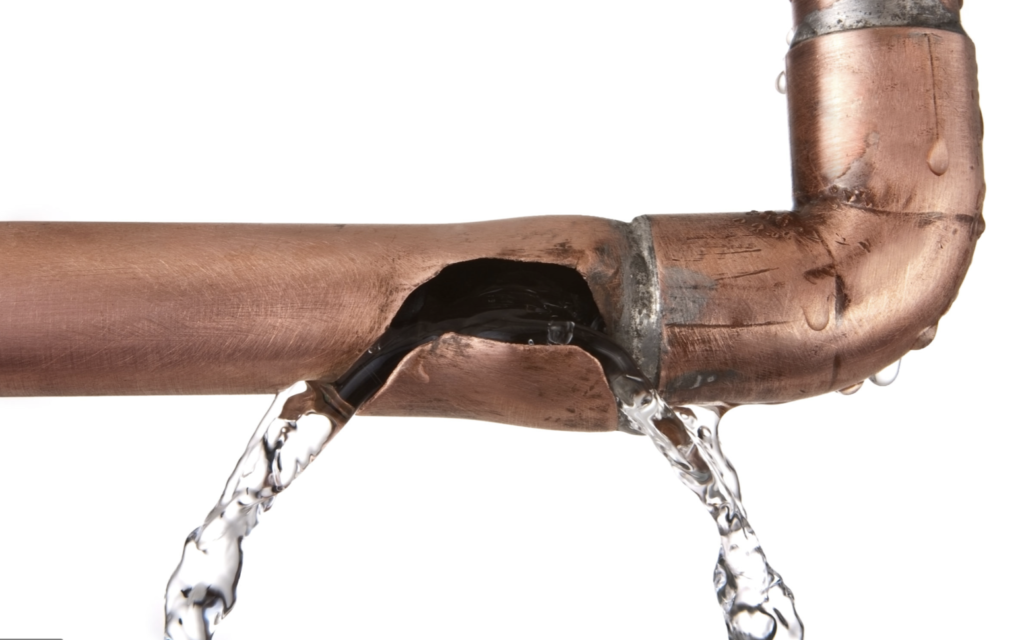
Frozen and Busted Pipes
Pipes can be frozen from not being insulated properly and not being in the right place when installed. So if they arent insulated properly they do have the possibility of bursting. When your pipes burst they or it can cause alot of damage and when this happens you should reach out to cleanteckpros for the repairs and clean up and to look to file a water claim. But before this can happen you will need someone to clean it up and make sure the remediation is done properly so there will not be any future issues with mold or mildew.
Title: Preventing Frozen Pipes: Essential Tips for Winter Protection
Introduction : Frozen pipes can be a major headache for homeowners during the winter season. They not only disrupt the water supply but can also cause significant damage to your plumbing system. In this article, we will share essential tips to help you prevent frozen pipes and avoid potential costly repairs.
Insulate Exposed Pipes : Start by identifying pipes that are exposed to colder temperatures, such as those in unheated areas like basements, crawl spaces, and attics. Insulate these pipes using foam pipe insulation sleeves or wrapping them with heat tape. Proper insulation acts as a barrier, keeping the pipes warm and preventing freezing.
Seal Drafts and Openings : Seal any gaps, cracks, or openings near pipes that allow cold air to enter your home. Use caulk or weatherstripping to seal windows, doors, and other potential entry points. By preventing drafts, you reduce the chances of pipes being exposed to freezing temperatures.
Maintain Adequate Heating : Maintain a consistent temperature inside your home, even when you are away. Set the thermostat to a minimum temperature of 55 degrees Fahrenheit (12 degrees Celsius) to ensure that the interior environment remains warm enough to prevent freezing.
Allow Warm Air Circulation : Ensure that warm air can circulate around your pipes by keeping cabinet doors open, especially in kitchens and bathrooms. This allows heat from the room to reach the pipes, helping to keep them above freezing temperatures.
Drip Faucets : On particularly cold nights, let faucets connected to vulnerable pipes drip slowly. Allowing a small amount of water to flow through the pipes helps relieve pressure and prevents them from freezing.
Disconnect Outdoor Hoses : Before winter sets in, disconnect and drain all outdoor hoses. Shut off the water supply to outdoor faucets, and if possible, install freeze-resistant outdoor faucet covers. This prevents water from freezing inside the pipes and causing them to burst.
Shut Off and Drain Unused Pipes : If you have any pipes that are not in use during the winter, such as outdoor sprinkler systems or secondary water supply lines, shut off the water supply and drain them completely to prevent freezing.
Be Prepared for Absences : If you plan to be away from home for an extended period during the winter, consider shutting off the main water supply and draining the pipes to prevent any potential freezing and subsequent water damage.
Conclusion : Preventing frozen pipes is crucial for safeguarding your home during the winter months. By insulating exposed pipes, sealing drafts, maintaining adequate heating, and following the tips mentioned above, you can minimize the risk of frozen pipes and protect your plumbing system from costly damage.

 844-931-2050
844-931-2050


